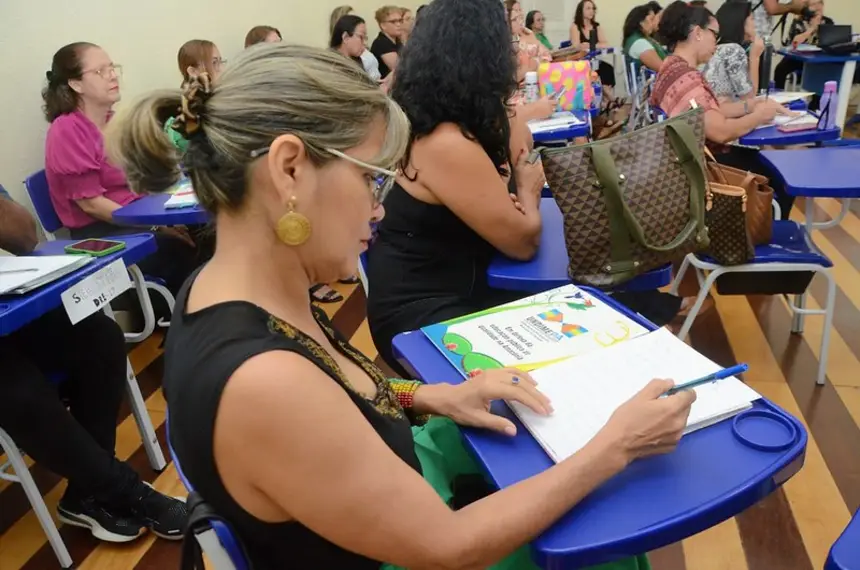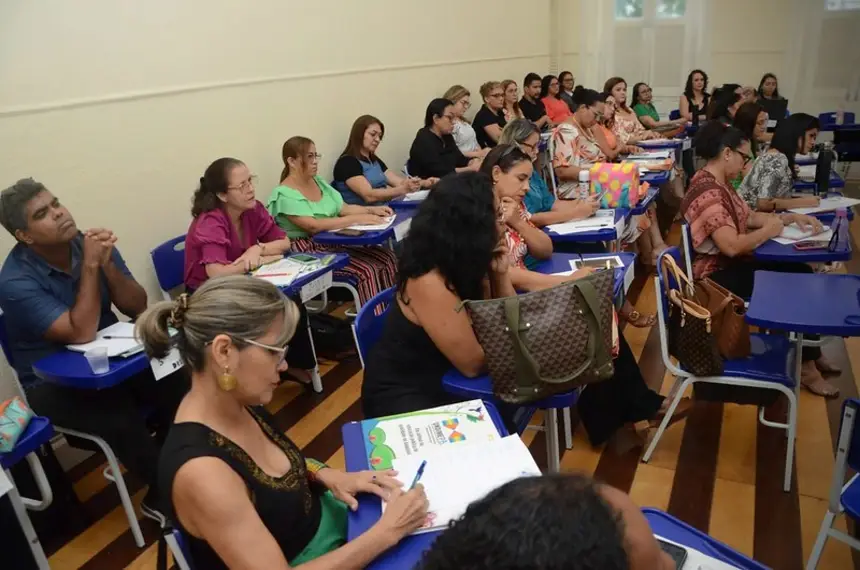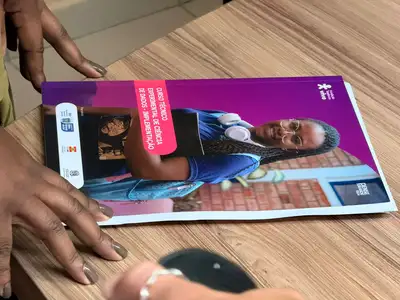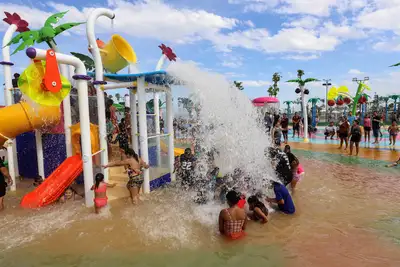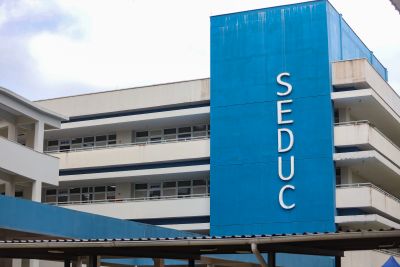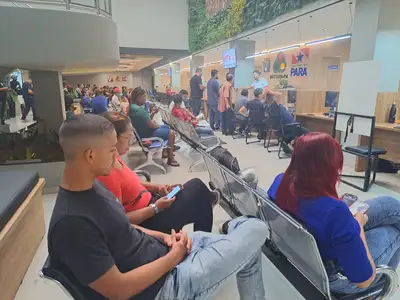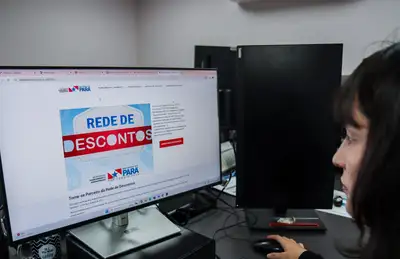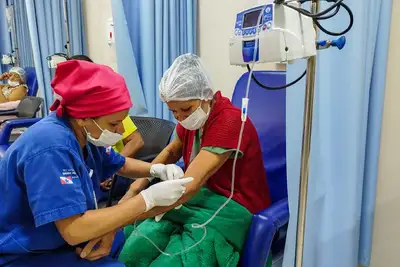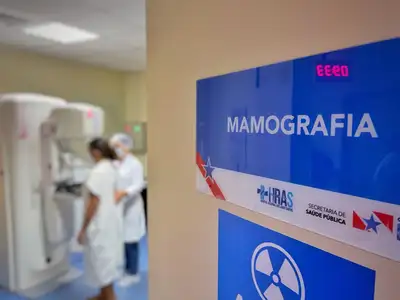Seduc reinforces commitment to literacy with the Alfabetiza Pará program
The program ensures that all children are literate by the end of the 2nd year of Elementary School, in collaboration with the 144 municipalities in Pará
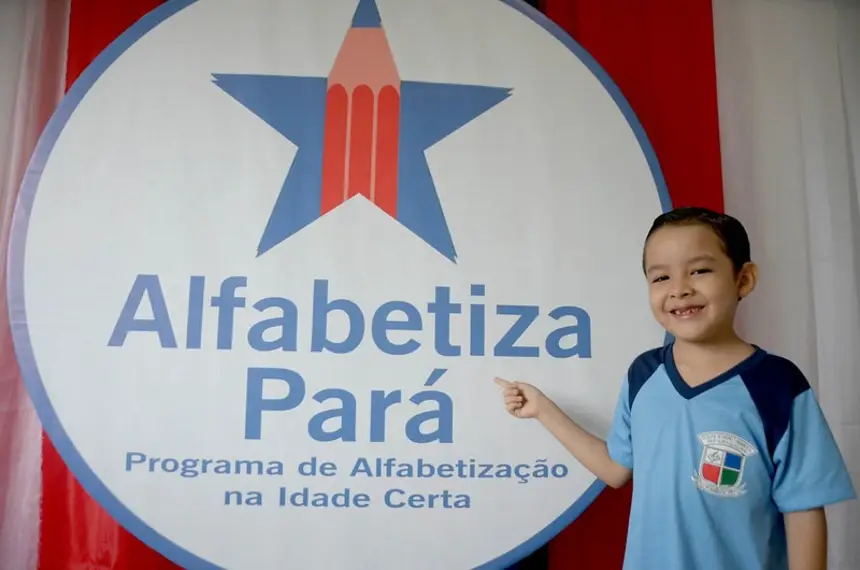
On World Literacy Day, celebrated on September 8, the State Department of Education (Seduc) highlights the advances made in Pará through the Alfabetiza Pará Program, the State's main public policy aimed at literacy.
Established in 2023 by Law 9.867, dated March 13, 2023, this public policy ensures that all children are literate by the end of the 2nd year of Elementary School, in collaboration with the 144 municipalities in Pará, supported by the Ministry of Education (MEC) through the National Commitment to Literacy (CNCA).
The State Secretary of Education, Ricardo Sefer, emphasized the importance of the program: "Alfabetiza Pará is a commitment to the future. Being literate at the right age means ensuring equal opportunities, reducing age-grade distortion, and combating school dropout. This is an essential investment for the human, social, and economic development of Pará," said the head of Seduc.
The program is structured around three essential fronts: assessment, ongoing training for teachers from the 1st to the 5th grades, coordinators, and school directors, as well as the distribution of authorial, proprietary, and regionalized teaching materials, resulting from the collaboration of Pará teachers that led to the Alfabetiza Pará Collection, Navigating Reading and Writing for teachers and students of the 1st and 2nd grades.
In 2024, Pará more than doubled the number of literate children, reaching 48% of students literate, placing the State among the six that evolved the most in the country. Regarding the processes for implementing its own literacy public policy in the territory, the State of Pará secured the Gold Seal of the National Commitment to Literacy.
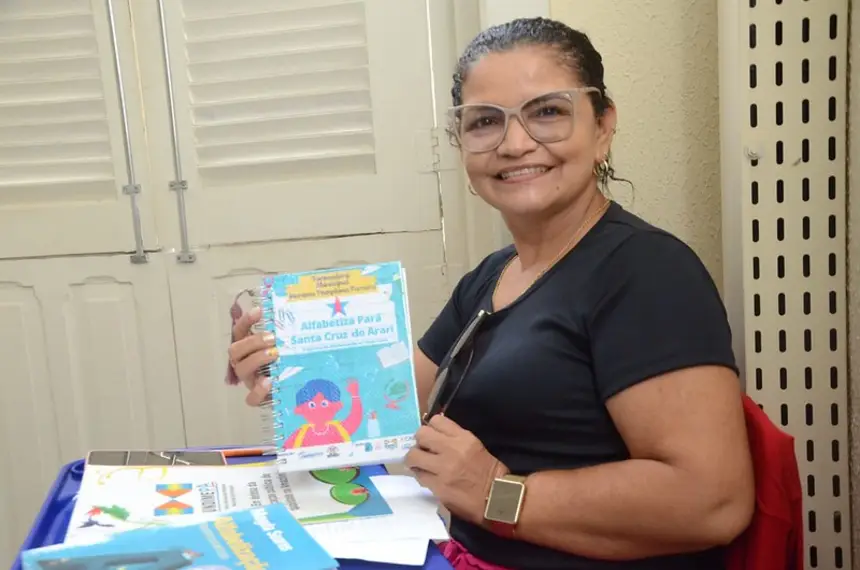
For 2025, Seduc expanded the audience served in the ongoing training of education professionals who work directly with literacy classes in public schools in Pará, reaching over 32,000 literacy teachers (1st and 2nd grades), teachers for the recomposition of learning (3rd to 5th grades), pedagogical coordinators, and school directors in the ongoing training process of the Program.
"Literacy is not limited to teaching a child to decode letters and words, but above all to ensuring access to a set of essential learnings for life in society, including reading, writing, interpretation, and production of short texts," explains the coordinator of the Alfabetiza Pará Program, Carla Reis.


